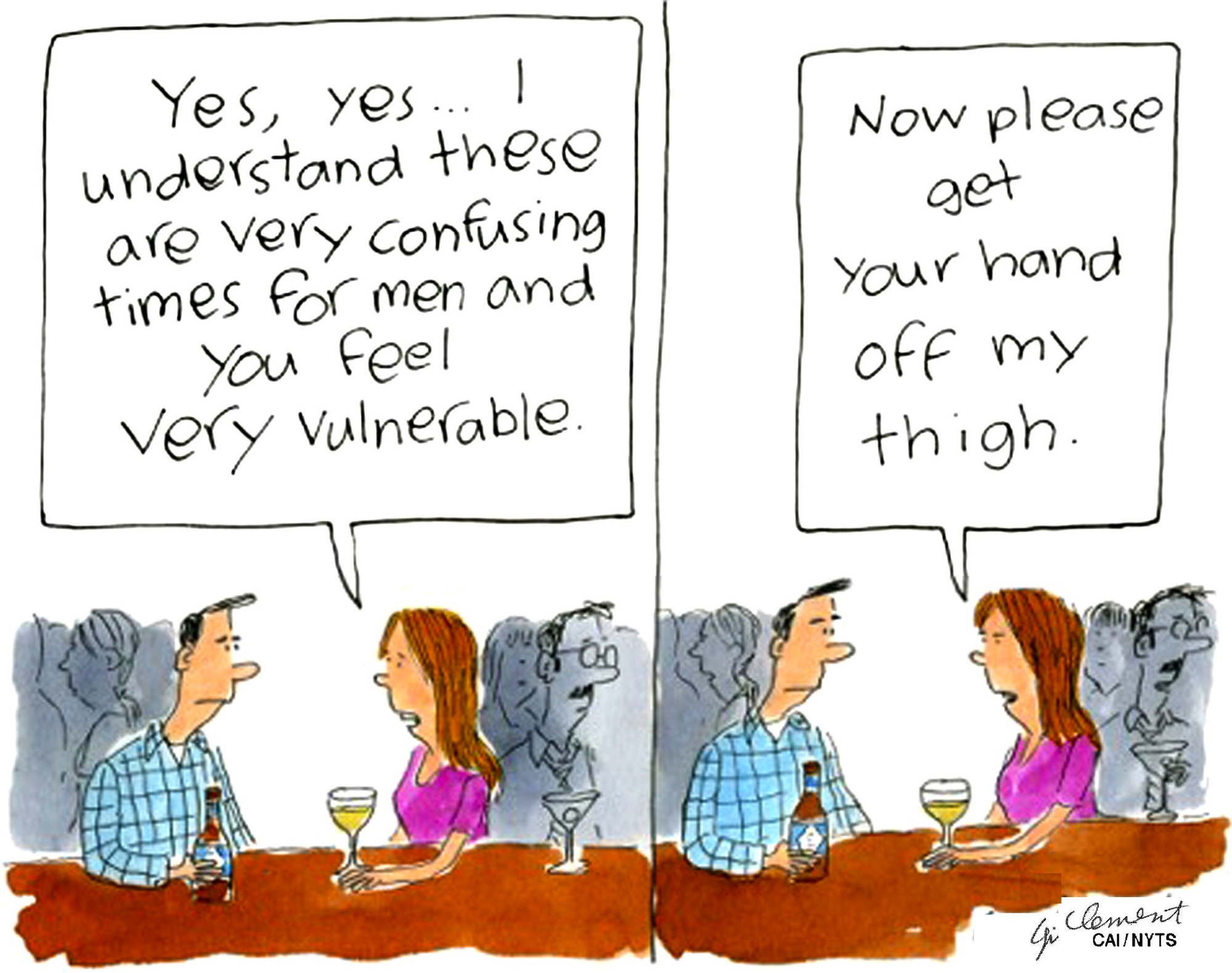The #MeToo issue has finally come to the fore in Japan. The administrative vice finance minister has resigned over an accusation made against him by a woman reporter of TV Asahi concerning sexual harassment. The Finance Ministry officially apologized by saying that sexual harassment constitutes violation of a victim's human rights and should not be condoned. April 18, the day the vice minister resigned, marked a big turning point on the issue in Japan since "sexual harassment" was chosen the buzzword-of-the year in 1989. So what steps Japan and its businesses should take in regard to the problem going forward?
The Nikkei newspaper carried out an emergency poll over sexual harassment covering 1,000 working women. More than 60 percent of victimized women told the daily that they had put up with sexual harassment, indicating that many victims cannot even consult their employers out of fear that their jobs could be negatively affected. The Nikkei article said that for the advancement of women at workplaces, the creation of a work environment free from obstacles for them is indispensable, and called for a change in the people's mindset about the problem, along with measures to prevent recurrence of the problem.
In connection with the alleged harassment of the TV Asahi reporter by the top Finance Ministry bureaucrat, lawyer Toko Teramachi pointed out in Huffington Post that a media firm has the duty to take adequate steps against sexual harassment or power harassment that its reporters suffer from people they meet while carrying out their duties, as a measure to ensure safety of its employees.


















With your current subscription plan you can comment on stories. However, before writing your first comment, please create a display name in the Profile section of your subscriber account page.